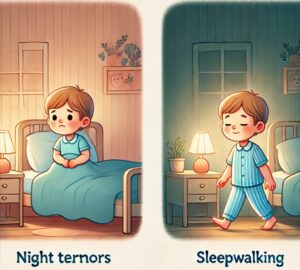What is Angular cheilitis?
Angular cheilitis, referring to acute and chronic inflammation of the corners of the mouth and adjacent mucosa, can be associated with factors such as infection, malnutrition, mechanical irritation, and deficiency of vitamins, especially riboflavin.
What are the Symptoms of Angular Cheilitis?
Angular cheilitis commonly affects children and adolescents, often involving both corners of the mouth. Symptoms include redness, maceration, ulceration, crusting, and fissuring at the corners of the mouth. Severe cases may lead to difficulty in opening the mouth, along with a sensation of dryness, burning, and enlargement of the submandibular lymph nodes.
What are the Causes of Angular Cheilitis?
- Vitamin Deficiency: A deficiency of vitamin B2 (riboflavin) may lead to angular cheilitis, as vitamin B2 plays a crucial role in maintaining oral health.
- Oral Eczema: Oral eczema is a form of angular cheilitis that may be due to allergic reactions, infections, or other factors.
- Oral Bacterial Infection: Bacterial infections (such as yeast infections) can cause angular cheilitis. This infection is more common in children with eczema or damaged oral mucosa.
- Oral Hygiene Issues: Poor oral hygiene habits or improper oral cleaning may increase the risk of angular cheilitis.
- Saliva Loss: In certain situations, loss of saliva (such as dry mouth at night) may make the corners of the mouth more susceptible to irritation.
- Malnutrition: Malnutrition can lead to angular cheilitis because the body lacks sufficient nutrients to maintain oral and skin health.
- Other Factors: Factors such as mouth breathing, oral trauma or injury, and excessive biting of the corners of the mouth can also contribute to the development of angular cheilitis.
What are the treatment options for Angular Cheilitis?
- Vitamin Supplementation: If angular cheilitis is caused by a deficiency of vitamin B2, the doctor may recommend oral vitamin B2 supplements.
- Antifungal Medications: If angular cheilitis is caused by a fungal infection, the doctor may recommend using antifungal medications to treat it. Some commonly used antifungal creams include:
- Nystatin (Mycostatin)
- Ketoconazole (Extina)
- Clotrimazole (Lotrimin)
- Miconazole (Lotrimin AF, Micatin, Monistat Derm)
- If the infection is bacterial, the doctor may prescribe antibacterial medications, such as:
- Mupirocin (Bactroban)
- Fusidic acid (Fucidin, Fucithalmic)
Parents should closely monitor their child's oral health and attend regular follow-up visits to ensure that symptoms are being controlled. Through comprehensive treatment measures, angular cheilitis can be effectively managed, promoting the health and comfort of children.
References: dr-efi.com, WebMD, consultant360












